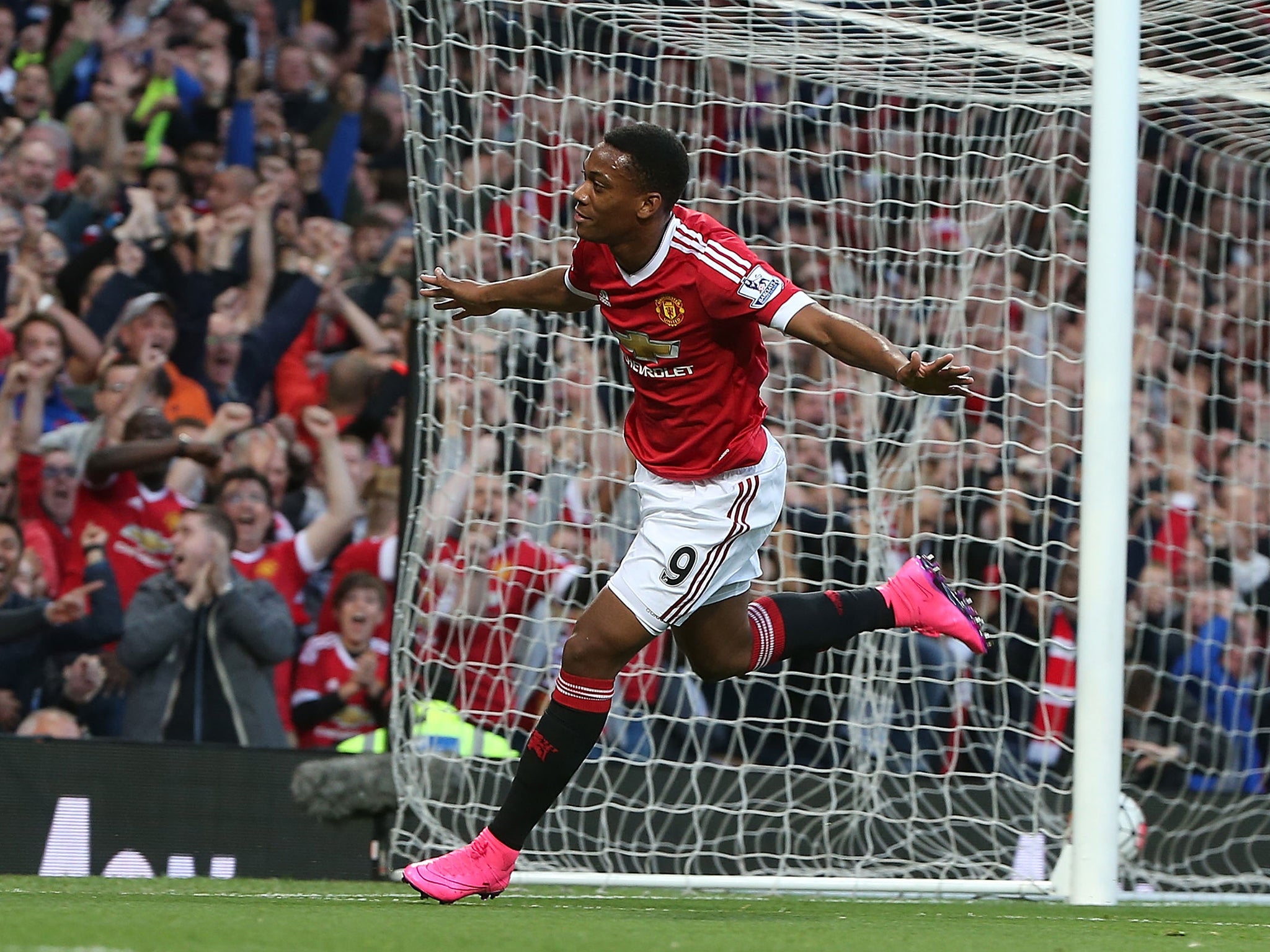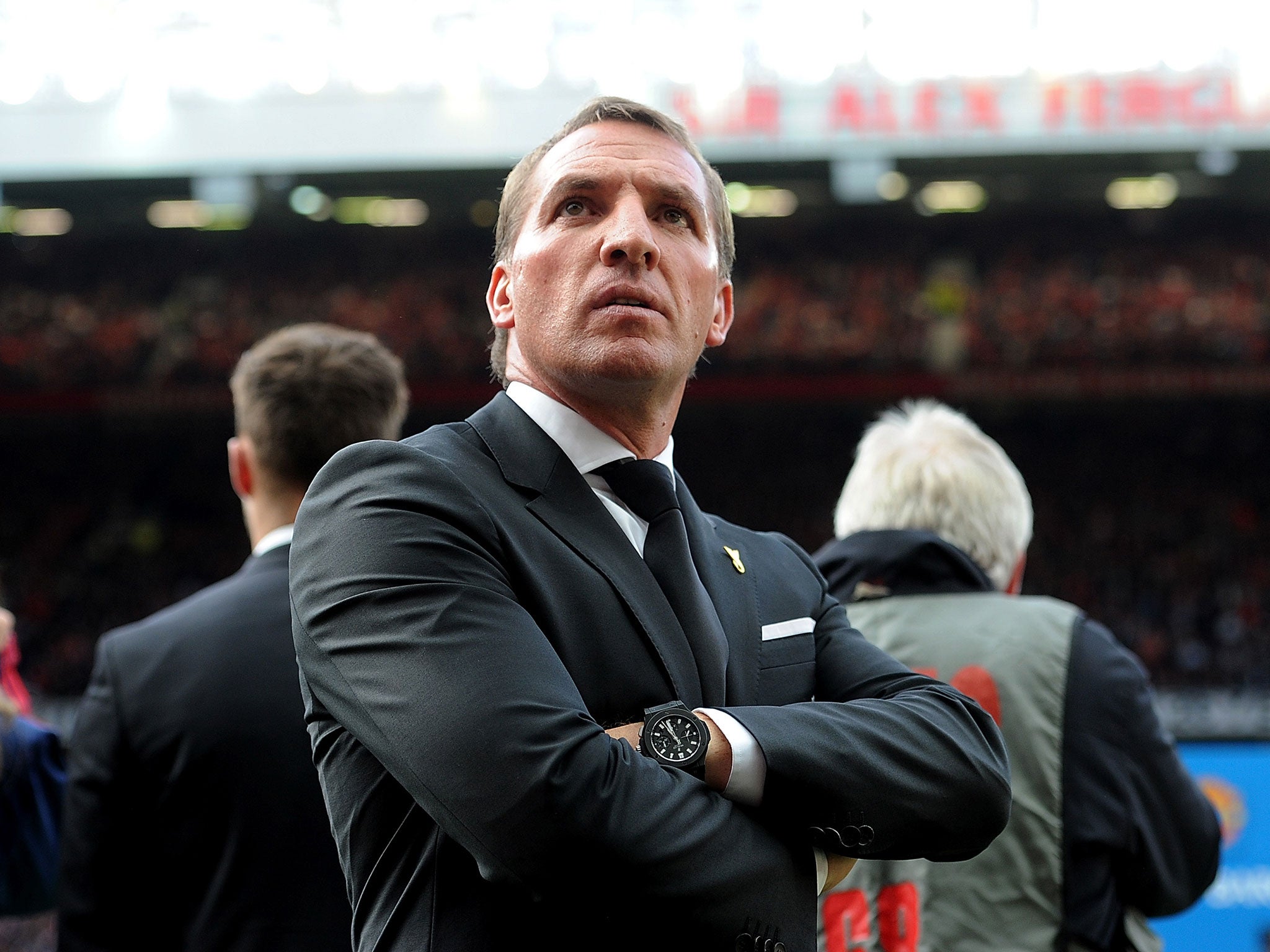Your support helps us to tell the story
From reproductive rights to climate change to Big Tech, The Independent is on the ground when the story is developing. Whether it's investigating the financials of Elon Musk's pro-Trump PAC or producing our latest documentary, 'The A Word', which shines a light on the American women fighting for reproductive rights, we know how important it is to parse out the facts from the messaging.
At such a critical moment in US history, we need reporters on the ground. Your donation allows us to keep sending journalists to speak to both sides of the story.
The Independent is trusted by Americans across the entire political spectrum. And unlike many other quality news outlets, we choose not to lock Americans out of our reporting and analysis with paywalls. We believe quality journalism should be available to everyone, paid for by those who can afford it.
Your support makes all the difference.When asked what he intended to do to reverse Liverpool’s slide, Brendan Rodgers said something about “working harder in training”. Rodgers is the most articulate manager Liverpool have had since Bill Shankly, but in the press room at Old Trafford the power of words failed him.
“Working harder in training” is the kind of phrase a manager comes up with when he has nothing to say. It is like “We need a goal to go in off someone’s backside”. They desperately want things to change but are not sure how.
Liverpool, you imagine, already work pretty hard in training and the deficiencies exposed by Saturday evening’s 3-1 defeat to Manchester United are not going to be solved by giving Lucas Leiva a few more laps of Melwood.
When, in mid-December, Liverpool conceded three times at Old Trafford – a defeat that left them 10th in the Premier League table, between Swansea and Stoke, and already eliminated from the Champions League – Rodgers acted rather than talked.
He persevered with a radically altered formation that until the wheels came off in April suggested it would carry Liverpool back into the Champions League. Unless he can do something similar now, his chances of remaining in charge appear slim even before the start of a Europa League campaign that usually drains energy and points.
There was a time when a banner with an image of Rodgers with the word “Boss” appeared on the Kop but now an icon is ready to become an effigy. Once the final whistle went on Saturday, owner John W Henry’s Twitter account was bombarded with messages urging him to do away with the man he appointed to succeed Kenny Dalglish.
Whether the Liverpool owner would pay them any heed is open to conjecture – he has not tweeted since April – but he is ruthless enough. Anyone who can sack Dalglish can fire Rodgers. And having acquiesced in the removal of his own backroom staff in May, it would be hard to imagine how Rodgers might evade responsibility now.
There are, however, a few cards to play before we reach for phrases like “mutual consent”. Liverpool were abject, surrendering possession at every available opportunity before the interval but their midfield was missing Philippe Coutinho, Adam Lallana and Jordan Henderson. The return of Daniel Sturridge to partner Christian Benteke is not far off. Liverpool have always been slow starters under Rodgers. In the first five games of each of his four seasons at Anfield they have taken 25 points from a possible 60.
That, essentially, is the case for the defence and Rodgers would hope it might be slightly more robust than the defence that failed to notice the cleverly taken free-kick that triggered Manchester United’s opener or prevent Anthony Martial running through them to score an exquisite third.

Louis van Gaal had remarked that Martial’s fee of £36m was “ridiculous” for a teenager who had scored just 11 times for Monaco. Now, perhaps, it did not seem so extravagant, although the United manager was keen to play down the significance of it all.
He pointed out that Liverpool had been at full stretch when he brought Martial on and that he had managed other teenagers who had scored in their first game: “Patrick Kluivert, for example.”
Kluivert’s debut for Van Gaal’s Ajax had been against a traditional rival – Feyenoord – and nine months later he would score the winner in the European Cup final. As United prepare to fly to Eindhoven to begin their Champions League campaign, Van Gaal might dream of history repeating itself.

Join our commenting forum
Join thought-provoking conversations, follow other Independent readers and see their replies
Comments